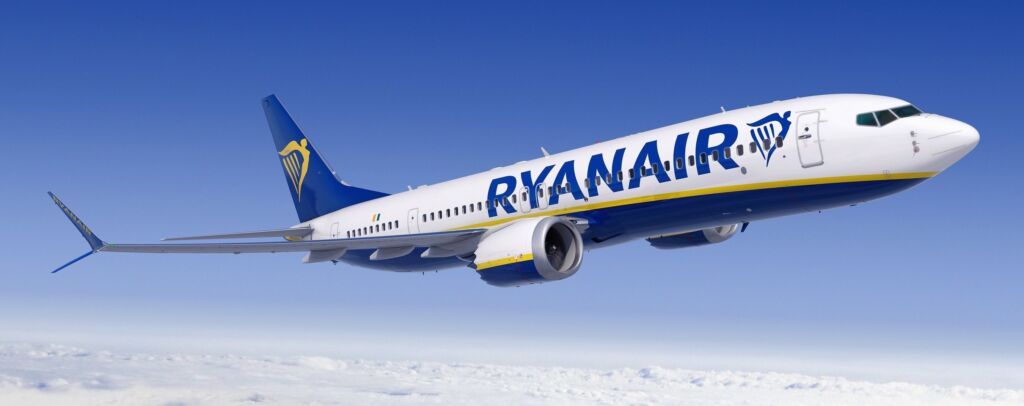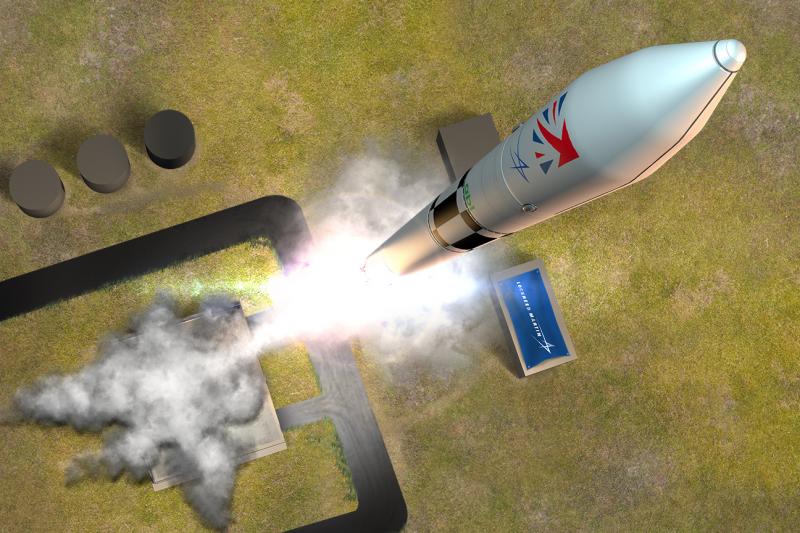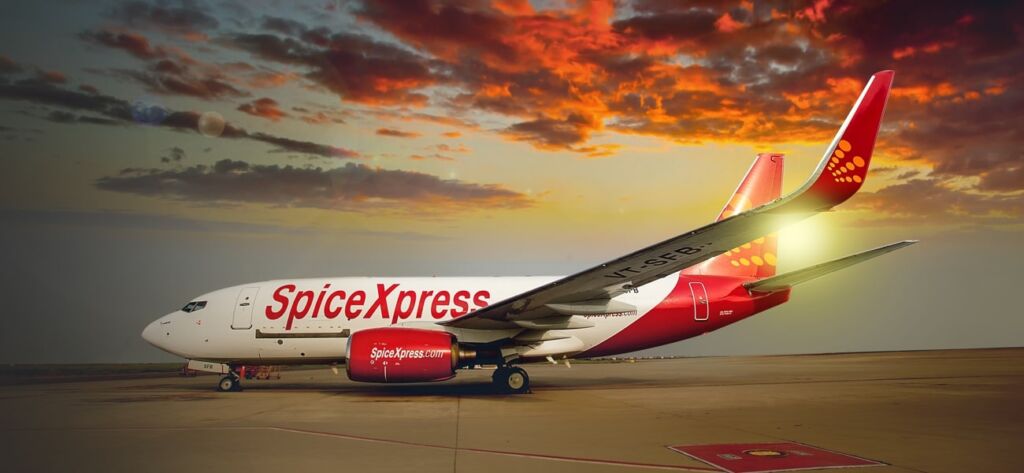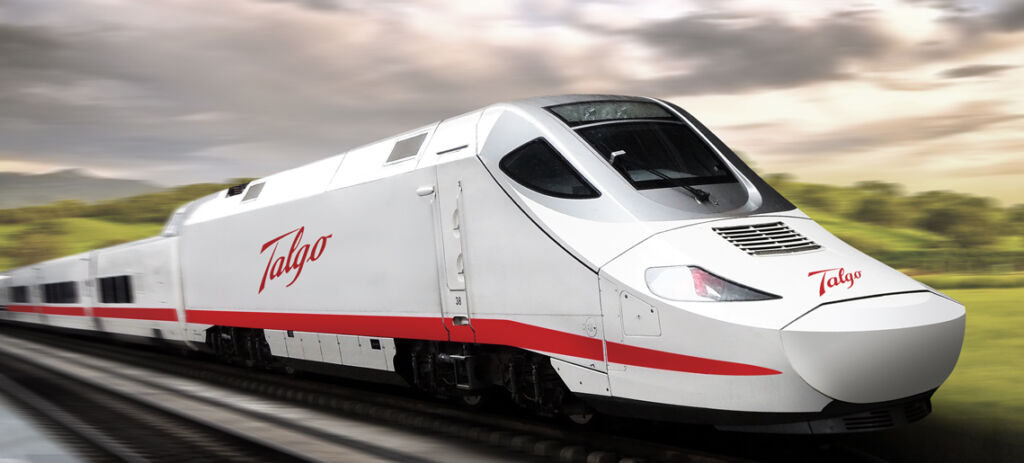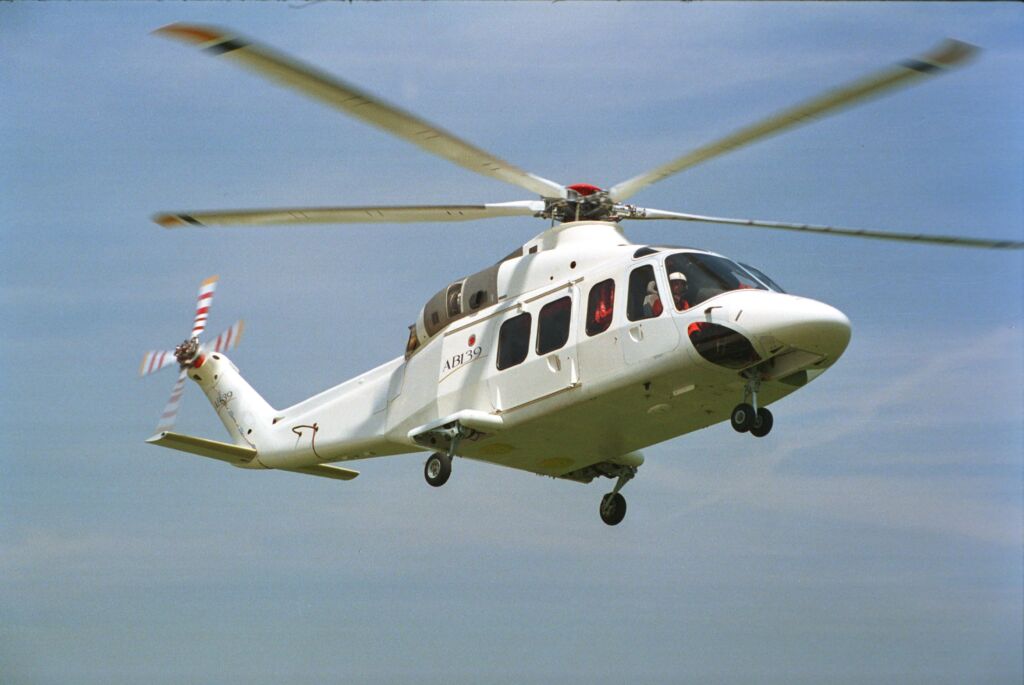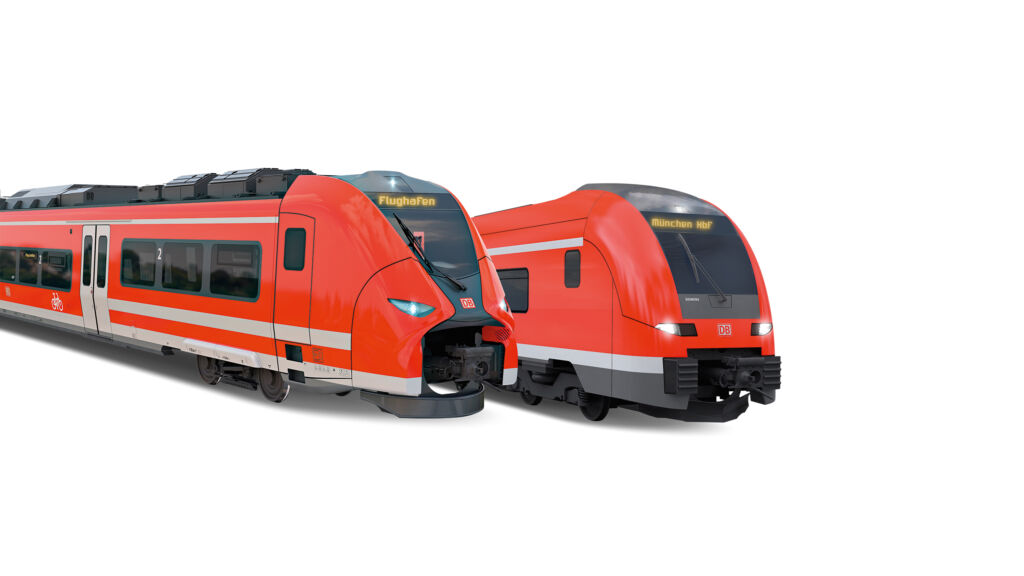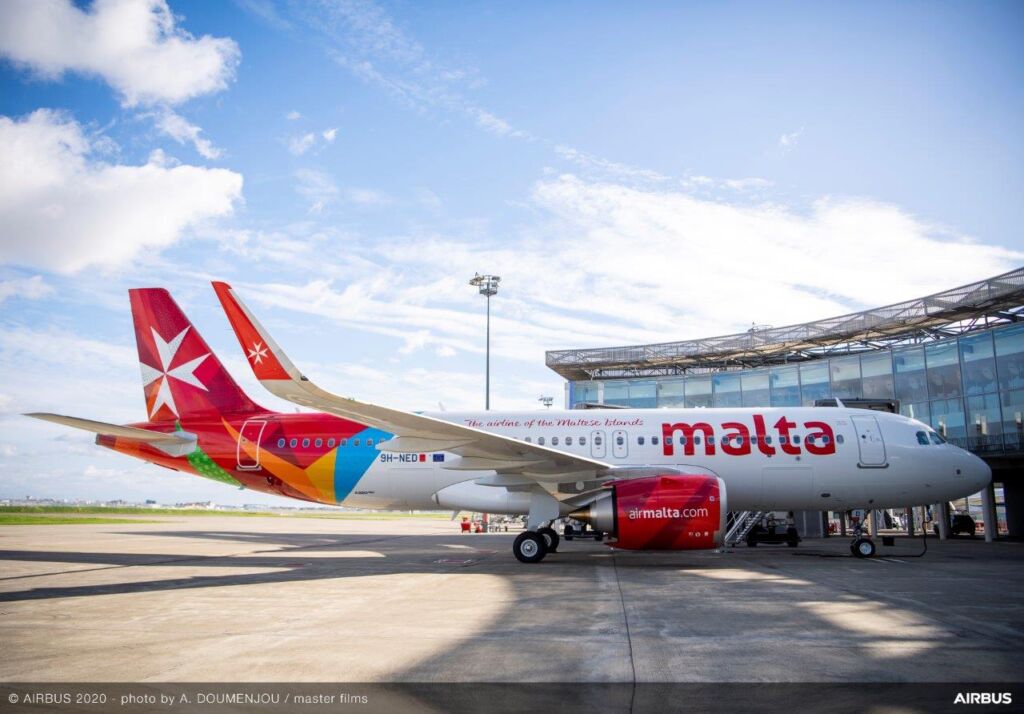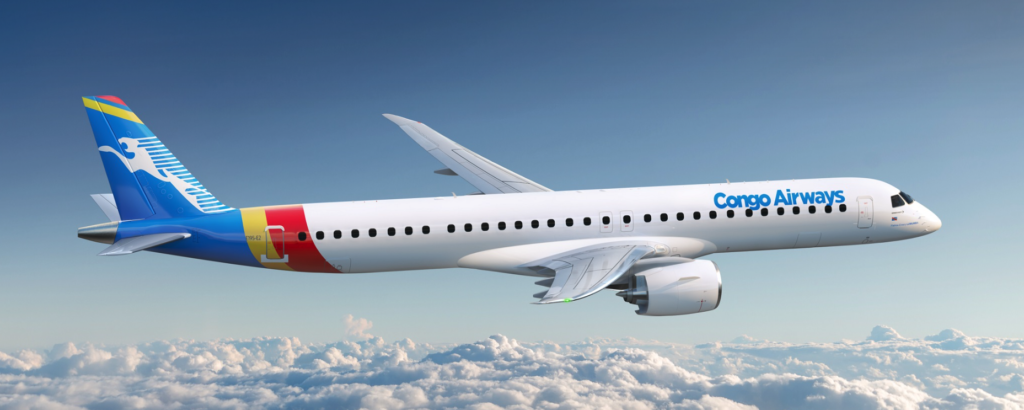Ryanair Launches Over 700 Winter Route Destinations For 2021/2022 Season
Ryanair (London: RYA.L), Europe’s no. 1 airline, has today (11 Feb) launched its Winter 21/22 schedule, covering its most popular destinations for trips taking off from late October. Boasting over 700 routes across the Ryanair…
